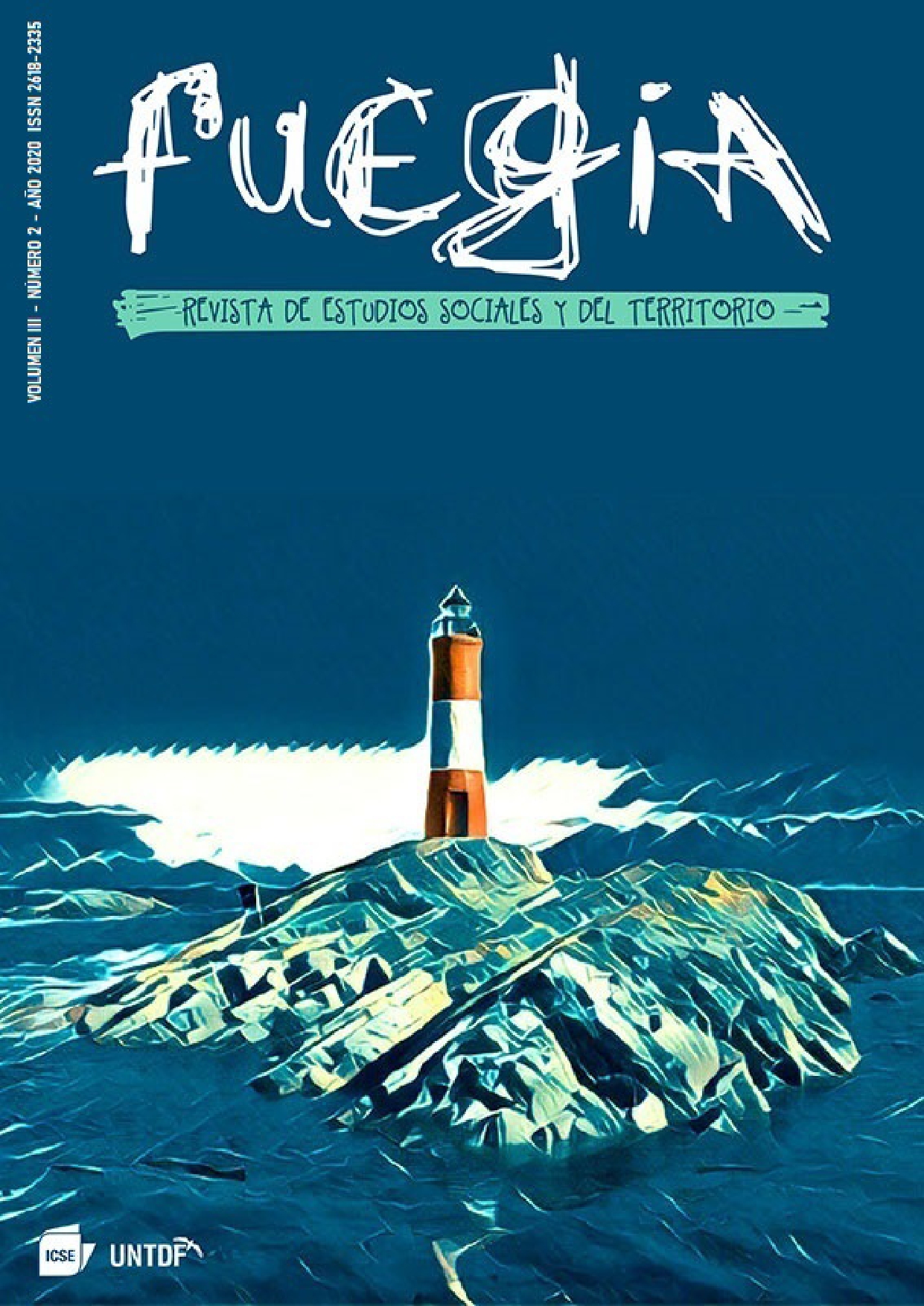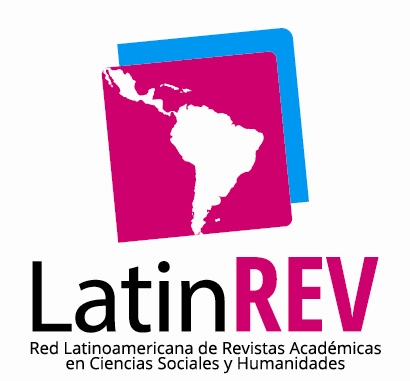Resistances to Extractivism. Indigenous Consultation Experiences in Chile and Guatemala
Keywords:
Extractivism, Indigenous consultation, Indigenous peoples, ILO Convention 169Abstract
Extractivism as a historical and founding process of capitalism, tries to appropriate and exploit territories mainly occupied by indigenous people. The dispossession and violence in the territories are faced by multiple expressions of struggle and resistance by the indigenous peoples. The defense of the territory involves a series of mechanisms that reject their exploitation, one of them is the indigenous consultation, representing an instance of dialogue, consensus and assembly process where the indigenous communities are called to position themselves in front of the installation of extractive projects. In this way, it is important to comprehend how these mechanisms have been employed within the framework of ILO Convention 169 about Indigenous and Tribal Peoples, which establishes the need for free, prior and informed consultation before any intervention that threatens their territories. This article seeks to contrast two cases of territory defense, one in Chile and another in Guatemala, in which the indigenous consultation has served as an instrument of resistance against extractive intervention, especially understanding its limitations and perspectives within the scope of indigenous demands in different contexts.
Downloads
Published
Issue
Section
License

This work is licensed under a Creative Commons Attribution-NonCommercial-ShareAlike 4.0 International License.




